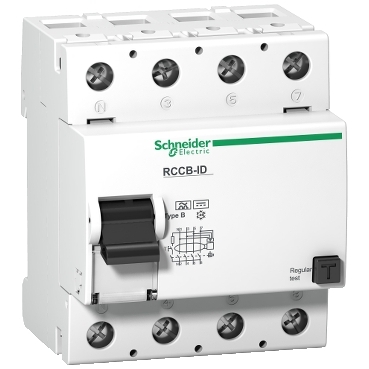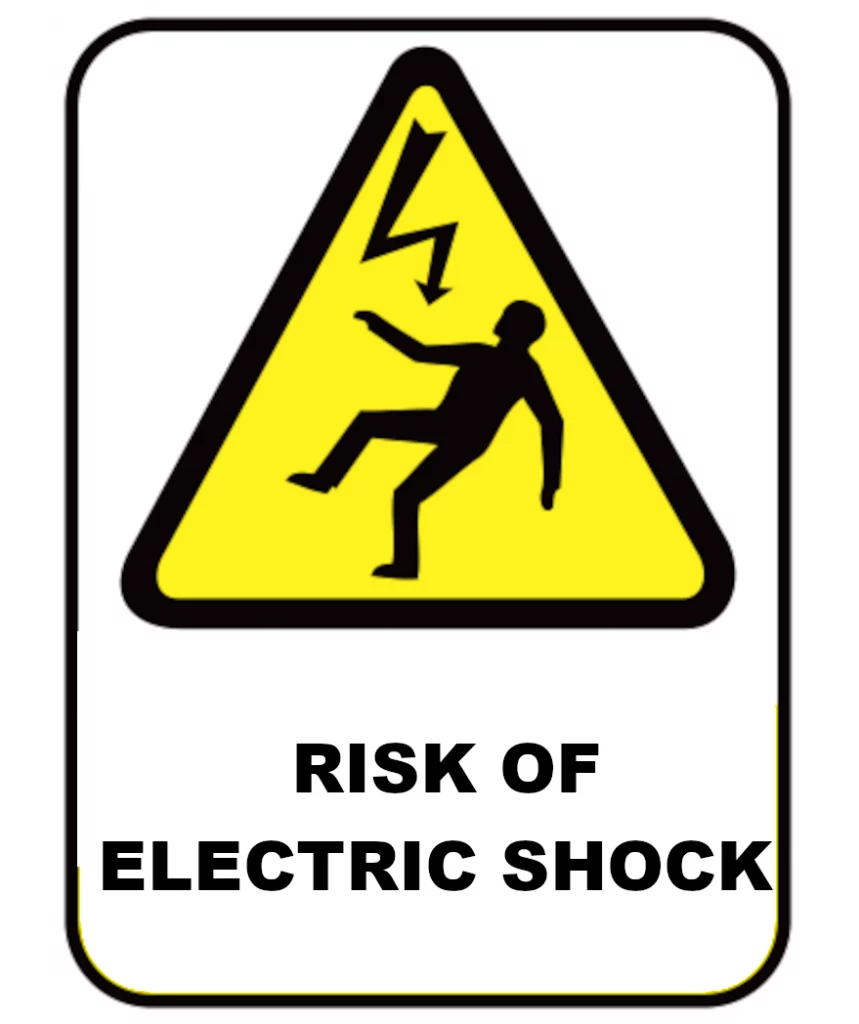IEC 60364-4-41 Electrical installations of buildings - Part 4-41: Protection for safety - Protection against electric shock has provided several measures of protection against indirect contact listed as follows:
- Automatic disconnection of supply (IEC 60364-4-41:2001 clause 413.1);
- Class II equipment or equivalent insulation (IEC 60364-4-41:2001 clause 413.2);
- Non-conducting location (IEC 60364-4-41:2001 clause 413.3);
- Earth-free local equipotential bonding (IEC 60364-4-41:2001 clause 413.4);
The primary protection provides automatic disconnection of supply. This protection is required if there is a risk of harmful patho-physiological effects in a person that could arise, when a fault occurs, due to the value and duration of the touch voltage according to IEC 60479.
An explanation of the derivation of the requirements of this measure of protection as well as reference curves derived from IEC 60479 is provided in IEC/TR 61200-413.
IEC 60947-2 Low-voltage switchgear and controlgear Part 2: Circuit-breakers states that to provide protection against the effects of electric shock hazards, devices reacting to residual differential currents are used as protective systems.
Residual current devices in addition to providing protection of installations against overloads and short-circuit currents, also provide protection of persons against indirect contact, i.e. hazardous increases of ground potential due to defective insulation.

Further, residual current devices may also provide additional protection against fire and other hazards which may develop as a result of an earth fault of a lasting nature that cannot be detected by the overcurrent protective device.
Some terms to better understand indirect contact shock hazards are:
- Earth fault current - current flowing to earth due to an insulation fault
- Earth leakage current - current flowing from live parts of the installation to earth in the absence of an insulation fault
- Residual current - rms value of the vector resultant of the instantaneous values of the current flowing in the main circuit of the residual current deviceesidual operating current - value of residual current which causes the residual current device to operate under specified conditions
- Residual non-operating current - value of residual current at which (and below of which) the residual current device does not operate under specified conditions.
- Residual current device (rcd) - a mechanical switching device or association of devices designed to cause the opening of the contacts when the residual current attains a givn value under specified conditions.
Important Note:
In North American standards, a residual current device (RCD) is called a ground fault circuit interrupter (GFCI).
